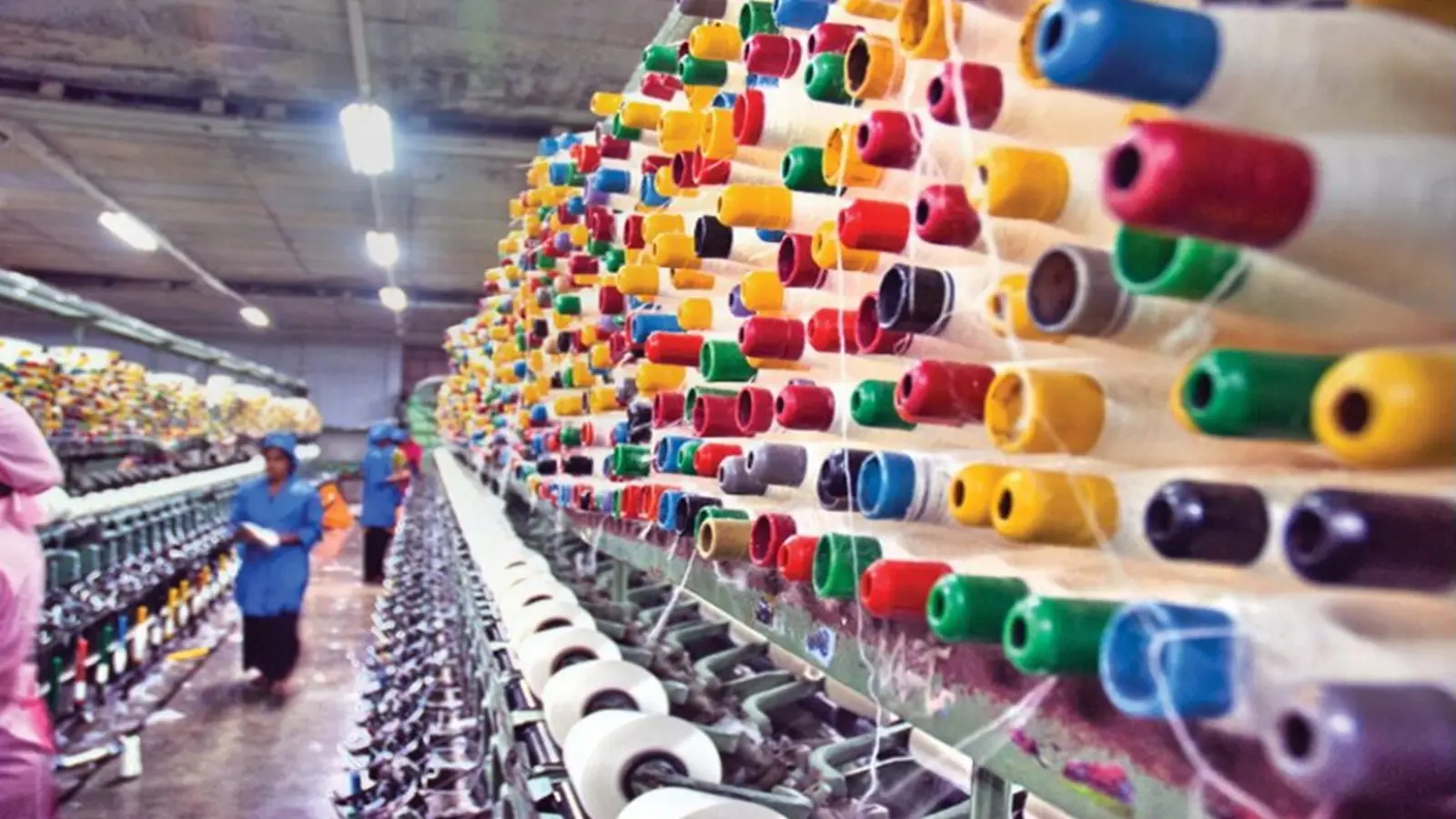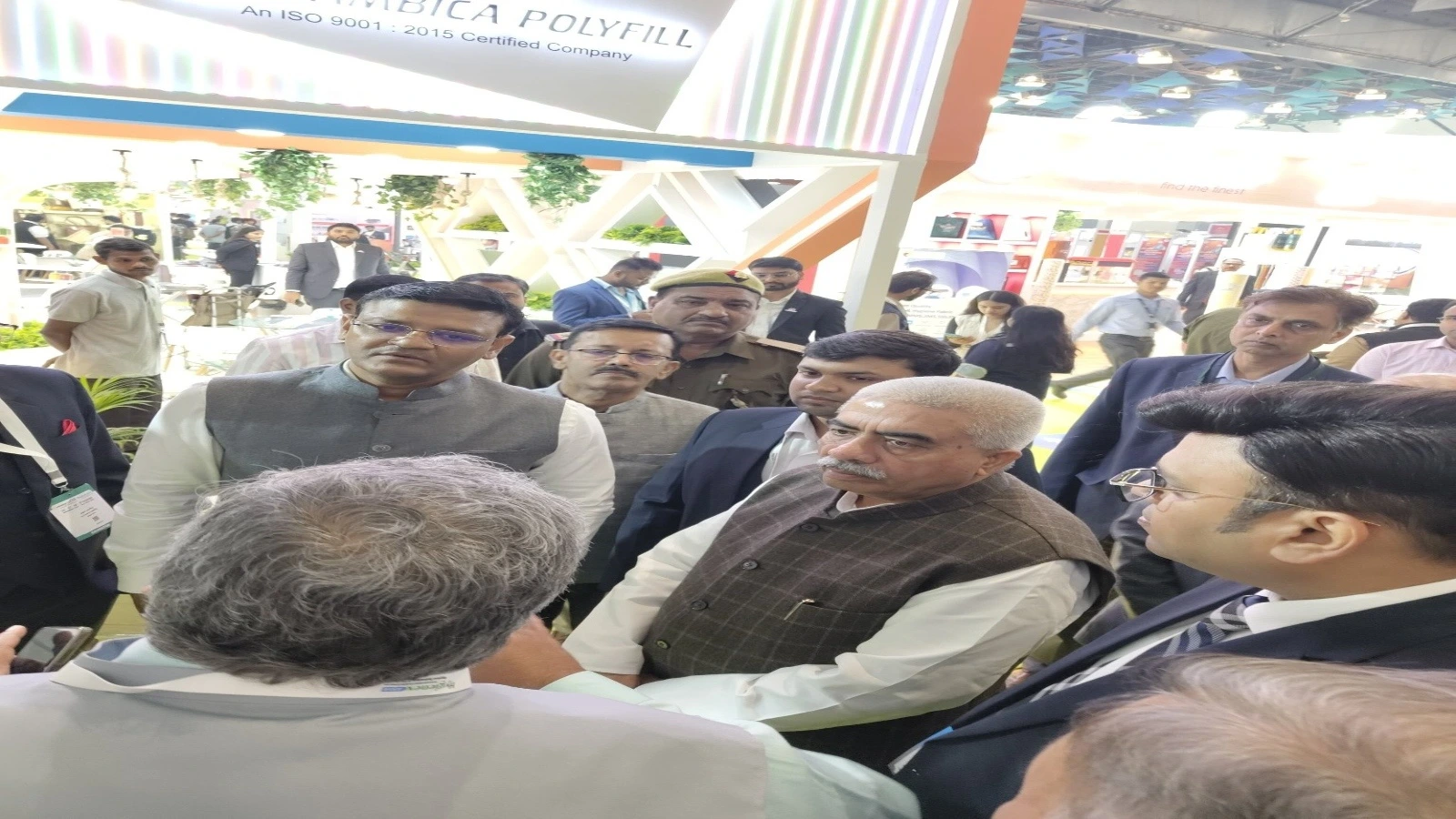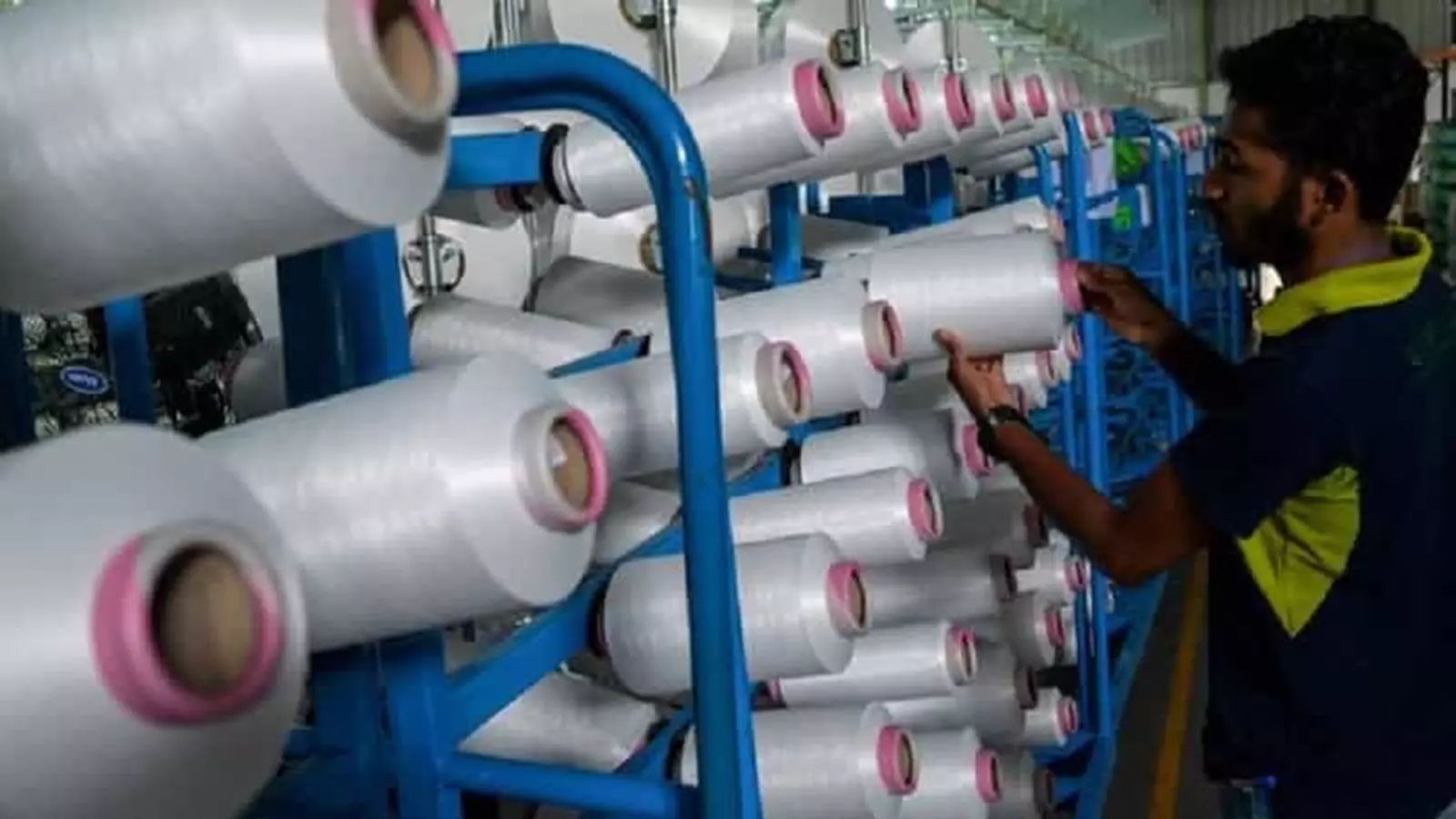Tiruppur Exodus: Migrant Workers Head Home as Textile Orders Plunge
Share Post
Tiruppur, often hailed as the heartbeat of India’s hosiery industry, now faces an unsettling silence. At MGR Chennai Central Railway Station, throngs of migrant workers trolley bags in hand, bedding rolled tightly waited for the Ganga Kaveri Express, their faces reflecting anxiety more than excitement. For men and women who once relied on Tiruppur’s booming textile industry, the promise of steady work has evaporated almost overnight.
The sudden imposition of 50 percent tariffs on Indian textile exports has sent shockwaves through Tiruppur, which contributes nearly one-third of the nation’s knitwear exports. Orders have dwindled, warehouses overflow, and factory owners can no longer sustain idle labor. Industry analysts estimate that almost half of the migrant workforce has been rendered jobless, just weeks ahead of the festive season, when demand typically surges.
“I used to work six days a week, but now it’s barely two. Rent and food cost more than what I earn,” shared Kuldeep, a worker from Samastipur, Bihar. The decision to leave also disrupts his family life; his daughter must now move from an English-medium school in Tiruppur to a government school in his home village.
Of the city’s 2,500 knitwear export units, approximately 20 percent have shut down, while many others operate at minimal capacity. With US buyers withdrawing, export businesses report a nearly 40 percent decline, leaving factories and workers in precarious conditions.
As trains depart, carrying tired yet determined workers, Tiruppur’s once-thriving industrial rhythm has slowed. Beyond the bags and bedding lies a profound uncertainty an echo of hope tempered by economic turbulence, leaving the city and its workforce grappling with an unpredictable future.
01:07 PM, Sep 22




.webp)

.webp)



1.webp)



























